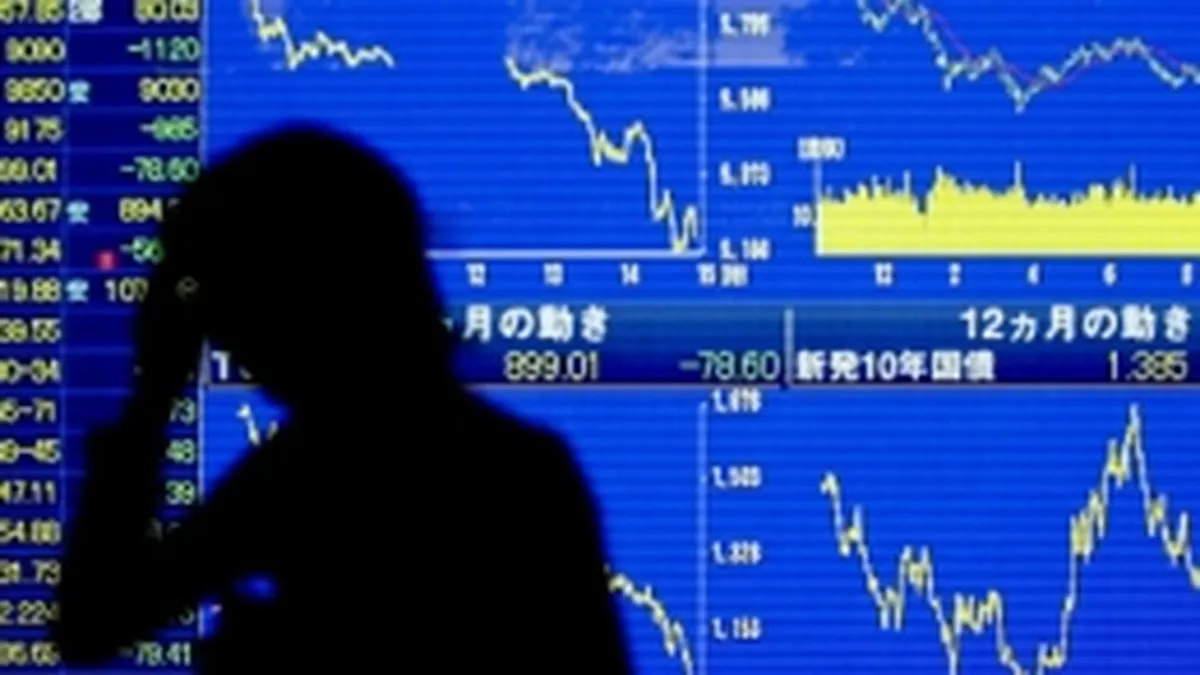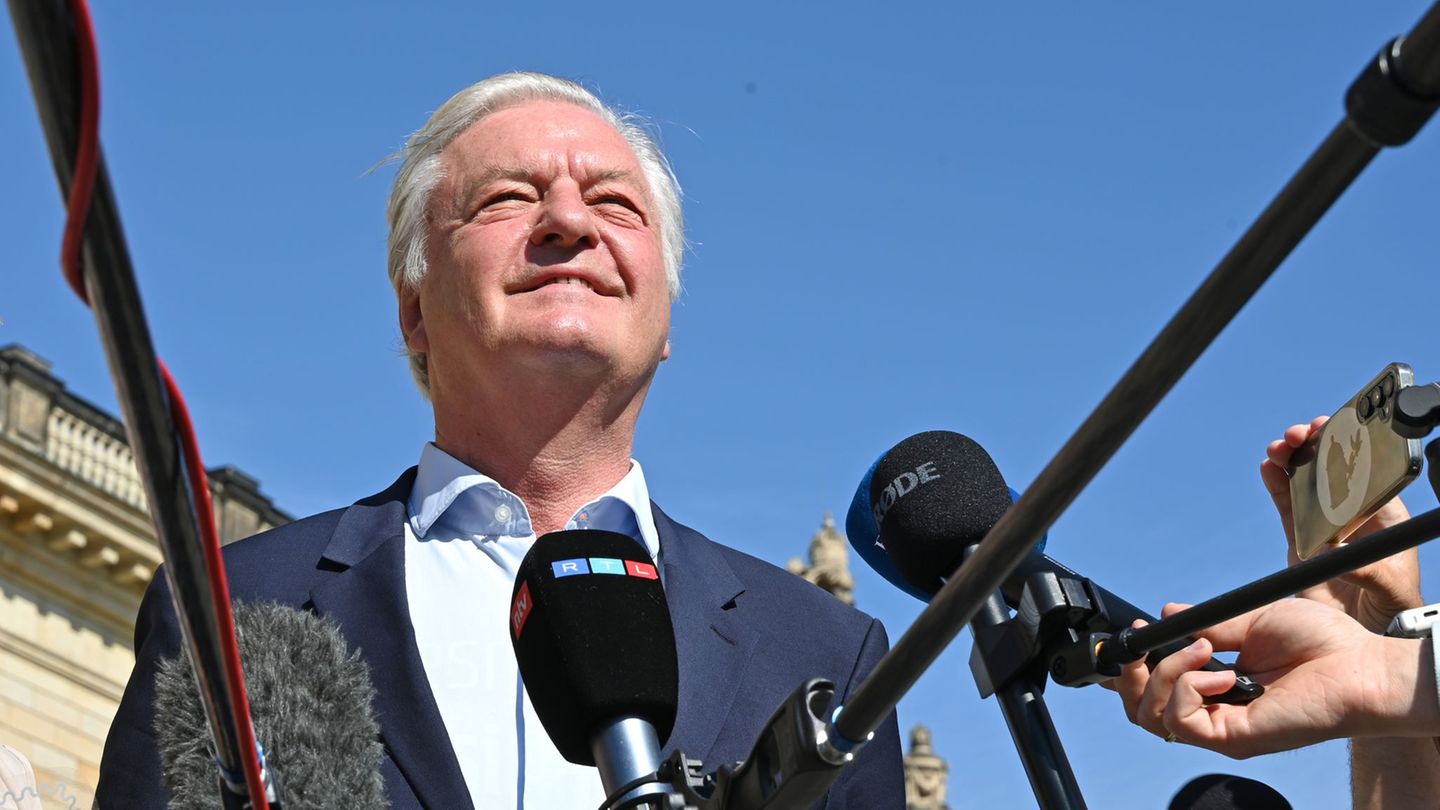When Japanese prime minister, Shigeru Ishiba, compared the fiscal situation of his country with that of Greece, the markets responded with one of the weakest sovereign bond auctions since the mid -1980s. It is clear that it does not help at all that the prime minister himself recognizes that the country’s fiscal situation is “Extremely precarious, and worse than that of Greece”even if your intention is to indicate its opposition to new taxes of taxes financed with a greater debt issuance. While this shows away only one east of the Far East should, according to the criteria of the so -called “vigilant Bond”, US investors worries.
The Bank of Japan (BOJ) has been repressing the yields of its bonds, but the Falling auction of Japanese government bonds at 20 years (JGB) days ago he suggests that the era of easy money is finishing. According to Yardeni Research data, the yields of 30 -year -old Japanese bonds rose more than 3% and reached the highest level since 1999 while the performance of Japanese bonuses at 40 years reached 3.6%, a historical maximum. According to experts in the global fixed income market, The fall in the demand for public debt is due to the increase in fears on fiscal stability, and this is a bad omen in a country like Japan, where national investors and the Central Bank have more than 80% of the bonds.
LIVING FINANCE MARKETS ACTIONS BAGS INVESTMENTS
The markets of Japan, in suspense.
Depositphotos
All this generates speculations about the effect of increasing yields in Japan, in terms of implying that global investors could soon demand greater returns in the rest of the world. The United States, with a considerable part of its debt in the hands of foreign entities, could be even more vulnerable to market turbulenceand some problems of problems already appeared, such as, for example, the FUndued the fall of US actions after a weak auction of US Treasury bonds, which raised the yields of the bonds at 20 and 30 years above 5%.
Meanwhile, The fear index, Vix, rose 15% that day. For experts, this type of volatility between assets is not normal and suggests that investors, both in the US and in the rest of the world, pay more and more attention to credit risks of sovereign debt. It is enough to remember that it recently arose: the “great and beautiful bill” of President Trump that could add other US $ 3 billion to the US deficit during the next decade, according to some estimates; The US Congress Budget Office predicts that US debt will reach US $ 54.4 billion in 2034; And as if that were not enough, the Moody’s agency reduced the US credit rating of “AAA” to “AA1”.
Debt: Foreign buyers and US fiscal credibility
History shows that investors have treated the US Treasury Bonds as riskless bets. Hence, these three novelties have undermined that trust, and Japan’s latest news shows that even national bond holders have their limits. So, the key question is What happens when foreign buyers begin to doubt the US fiscal credibility?fixed income strategists are raised.
Nowadays, Japan is the largest foreign American debt, with more than US $ 1,13 billion in treasure bonds. But if Japanese returns continue to rise, that capital could leave the American bonds and return to Tokyo. “If the strong increase in the yields of Japanese Treasury Bonds (JGB) encourages Japanese investors to return home, the disinversion of the “Carry Trade” It could cause a strong decrease in US financial assets, ”said Albert Edwards, Société Strategist Générale who added that,” therefore, I consider that trying to understand and follow the rise of the long segment of the JGB market is the most important thing for investors at this time. “
Bob Savage, bny chief strategist, points out that Global yields have begun to stabilize after several days of strong fluctuations in the long stretch of the yield curves of government bonds, where there is a common factor in economies such as the US, United Kingdom and Japan, which is stanflation, Although the underlying factors differ, and the markets will evaluate the financing capacity of each country accordingly. According to Savage Japan, it maintains a solid positive net position in external assets, and the foreign tenure of its government bonds remains low, consequently, markets should not doubt Tokyo’s ability to manage the stability of the performance curve. Moreover, he argues that international investors begin to appreciate the value of Japanese returns for the first time in decades, and beyond the levels of yield, Japanese himself remains at attractive levels to attract external capital. If Japan begins to reduce its net position in external assets to comply with internal liabilities, Japanese fixed income, even with lower coverage ratios, offers a more solid risk-re-re-re-re-risp profile. According to a survey of the BNY, the foreign interest in Japanese government bonds is at its highest level this quarter, and fixed -income flows in general also show good performance. Therefore, if the Japanese fixed income reached a new balance, the BNY foresees a positive performance sustained with current performance levels, and given the still modest participation of foreign investors, they believe that these tickets will be well received by the Bank of Japan and the Ministry of Finance. In this context, the Ministry of Finance of Japan considers adjusting the broadcast of bonds in the very long term after probe market participants on the appropriate issuance amounts for Japanese government bonds (JGB).
Japanese debt and other possible scenarios
On the other hand, Rabobank’s strategists, Elwin de Groot and Michael Every Thus, the requalification of the US debt is having potential effects in some corners of the market and cite that the administrators of the mandatory forecasting fund of Hong Kong are warning that they could be forced to sell their holdings of the US treasure of an approved qualification agency. In this sense, Rating & Investment Information in Japan is the only approved agency that has been that has the US at the highest rating level and maintains the stable perspective qualification since last February.
“But obviously other scenarios could be presented”alerts the people of the Dutch bank in reference to Trump’s taxes, which would cause a significant increase in deficit and debt, and could lead to a gradual reduction of the proportion of treasure bonds in various investment portfolios. “Potentially, it could also happen that Trump is considering an executive order to open US retirement plans to private capital, which would allow savers to access funds focused on corporate acquisitions and other high -impact operations,” which would mean less American treasure bonds. In this context, they believe that after the lean auction of Japanese bonds if Japan now entered a more “normal” inflation period, this could generate more persistent bullish pressures on (real) yields of bonds, which would increase interest costs.
But, as in the US and Europe, the Japanese Central Bank has been reducing its bond purchases, which, together with a lower demand for bonds, could also be contributing to greater premiums of liquidity risk. Although, the public debt ratio of Japan (214% in 2024) is the highest among developed economies, they emphasize that the Bank of Japan still maintains an amazing proportion (around 50%) of public debt in its balancebut even if the Central Bank does not reduce its purchases, the net amount of debt would remain exceeding 100%, comparable to that of Greece in 2007. “We want to avoid burning our hands with the Japanese bond market; betting against him is commonly known as the operation of the black widow. But we wonder if Japan could serve as an example for Europe or even, perhaps, for the US; after all, Japan has been the model to follow for many unconventional policies in the recent history (monetary)”, They consider. What do these strategists glimpse?
First, the country could be better positioned than its two pairs to address bond market turbulence and the impact of higher yields on governments’ financing costs: Only 12% of JGB are in the hands of foreigners, therefore, it could be said that the Government could introduce some type of equity tax to recover part of the interest payments of their bondswhich unlike the suggestions for the so-called Mar-A-Lago agreement (USA could try to reduce their debt service costs forcing its allies to extend their debt holdings to a lower profitability than the market, or imposing some type of tax on foreign treasure bondholders), Japan solutions could be less controversial, since national fiscal policies would be enough to achieve the desired result. Although this is not so clear because Tokyo could lose fiscal margin to achieve its strategic objectives, such as defense expenditure or reduction of foreign supplies dependence.
As an alternative, The Bank of Japan could resume its purchases of government bonds, however, this could lead to greater inflation and probably weaken the currency, at a time when Yen is already under greater scrutiny by the US administration. In addition, Yen’s weakness could undermine any commercial agreement between the US and Japan. Therefore, to mitigate the impact of quantitative flexibility, the question remains if Boj would simultaneously raise your interest rates in an attempt to achieve a combination of monetary neutral policies, with higher rates and a de facto control of the performance curve. We will see what will be the next steps of the box.
Source: Ambito
I am a 24-year-old writer and journalist who has been working in the news industry for the past two years. I write primarily about market news, so if you’re looking for insights into what’s going on in the stock market or economic indicators, you’ve come to the right place. I also dabble in writing articles on lifestyle trends and pop culture news.




